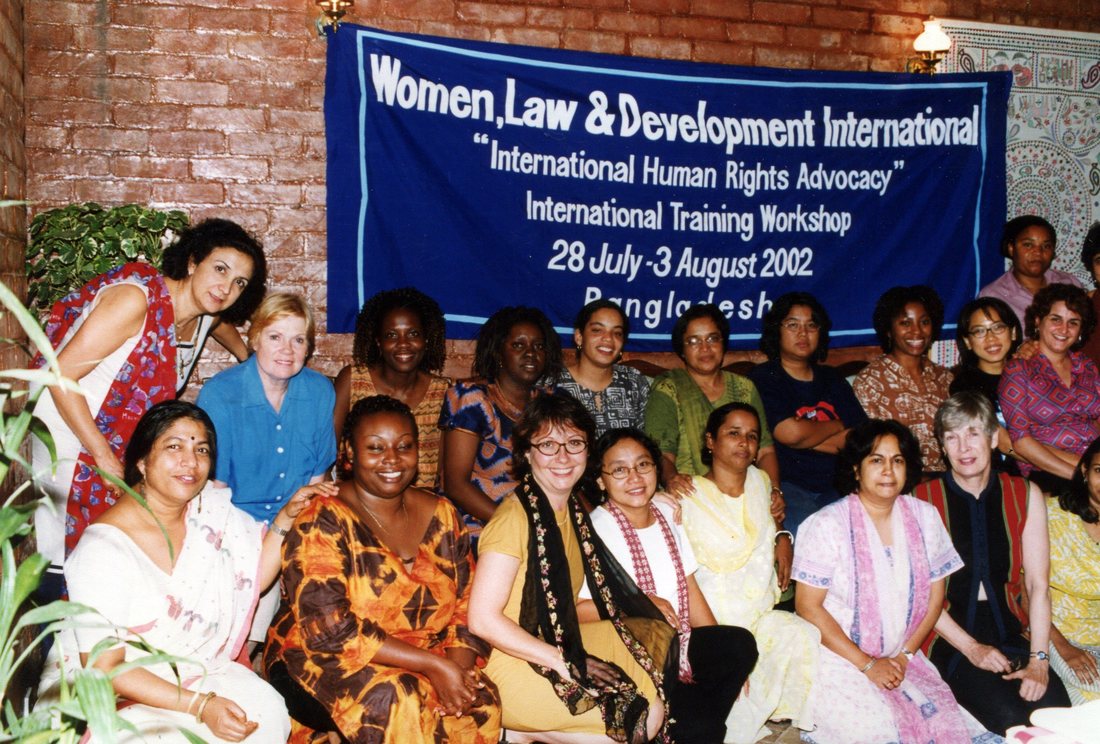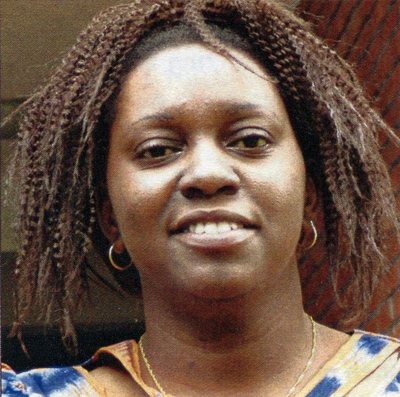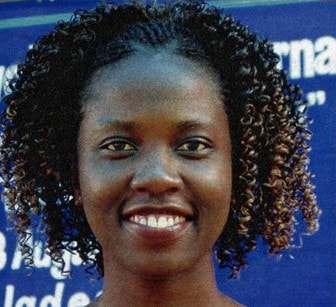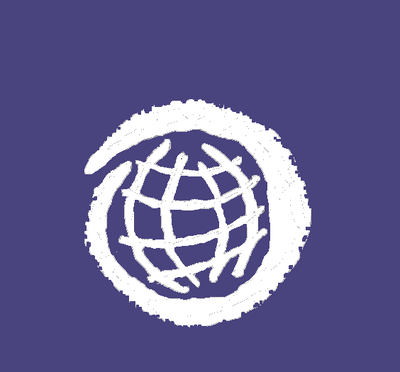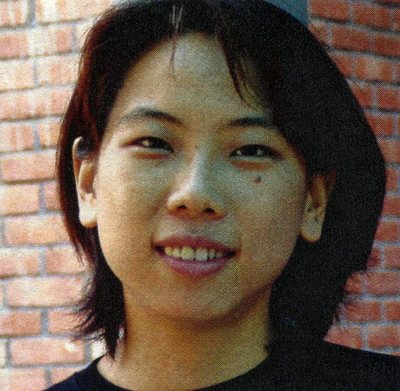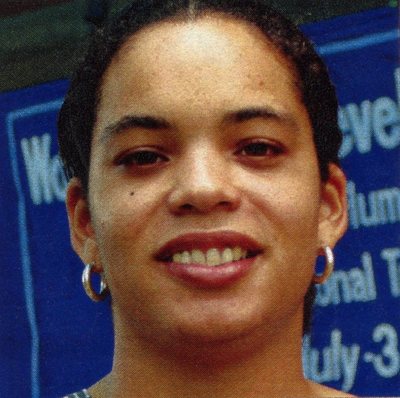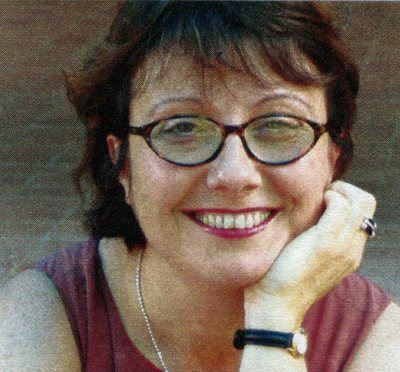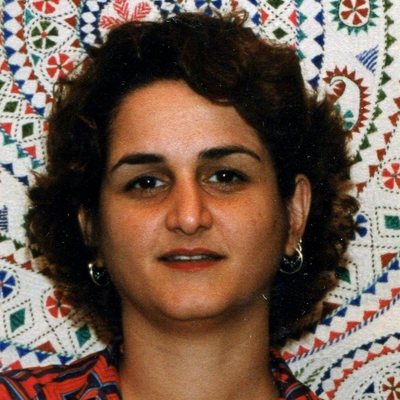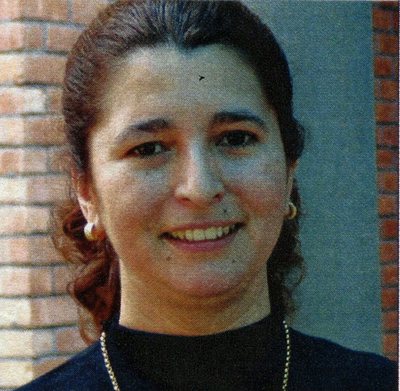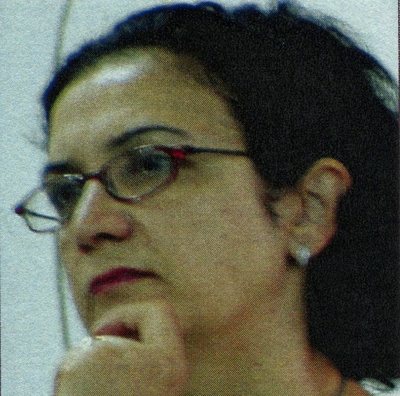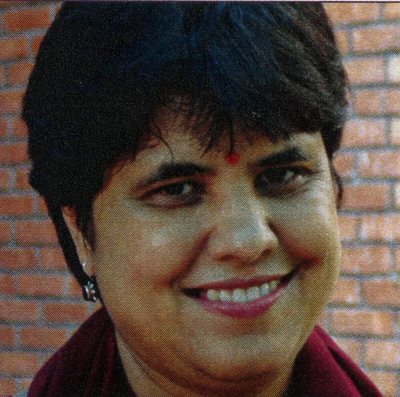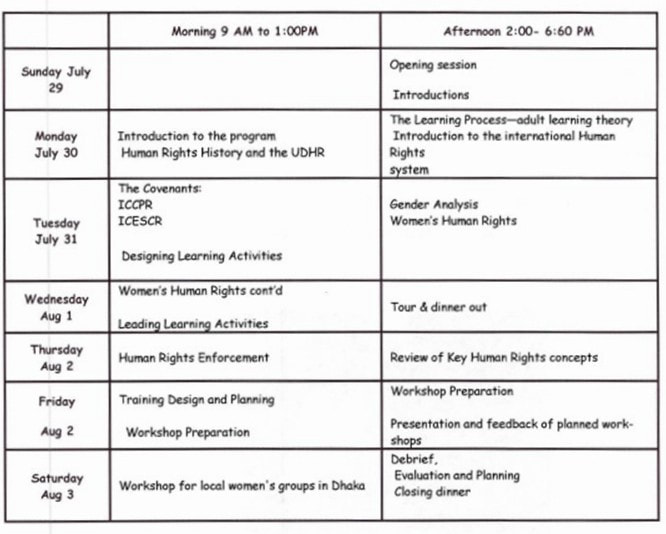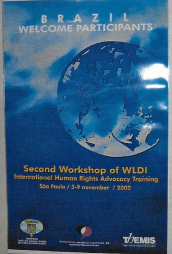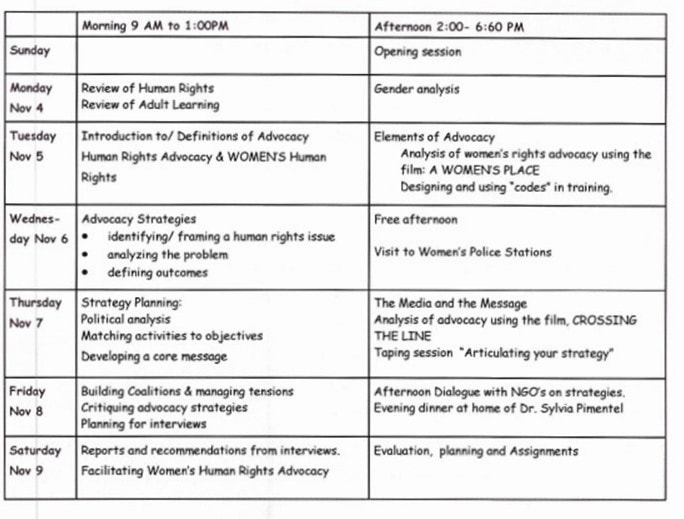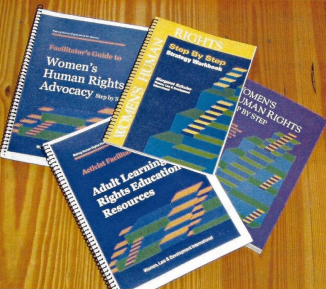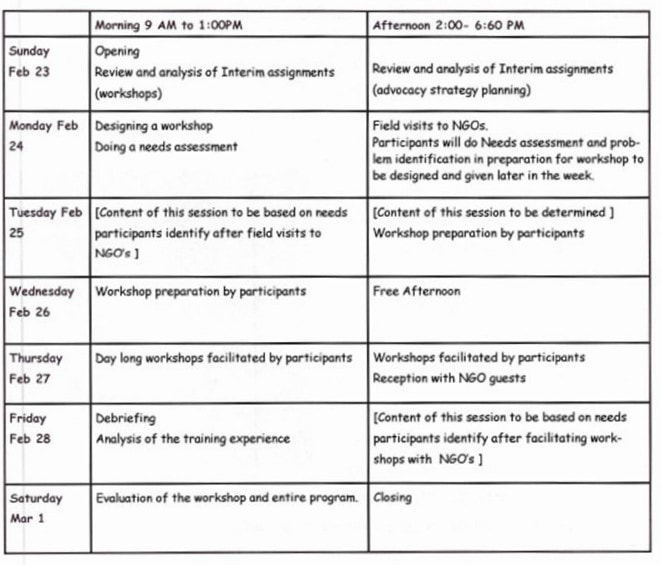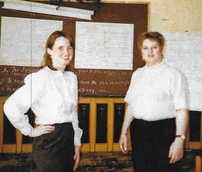International Training of Facilitators
in Human Rights Advocacy
This program responded to need WLDI had detected in the course of its educational work. Many groups requesting assistance from us to build their capacity in women's human rights advocacy generally had some funds available to finance the local costs associated with the capacity building process, but the expense of working with an international trainer in a systematic capacity building program was prohibitive. Our thought was to develop a team of WLDI human rights trainer/facilitators who would be able to provide the WLDI learning experiences closer to home.
As a response, WLDI developed a facilitator's training program with three objectives.
Identification and Selection of Participants
Rather than rely on a purely competitive application process, WLDI reached out to our colleagues around the world to nominate candidates for participation in this program. A project advisory committee met in February 2002 to provide suggestions for the program and recommend potential participants. A self-assessment
questionnaire filled out by each nominated candidate enabled us to gather additional relevant information about them. Candidates were asked to sign a letter of commitment to participate in the program for the full two years, to participate in the three Training of Trainers workshops, and to apply WLDI's human rights advocacy methodology in their work. Those selected represented broad geographical diversity, representing Asia, Africa, Latin America, the Caribbean and North America. Academic backgrounds were also diverse. Over one half were lawyers while the others came from the social sciences.
The Participants
As a response, WLDI developed a facilitator's training program with three objectives.
- to develop and consolidate an expanded corps of activist facilitators with mastery of the WLDI human rights advocacy training methodology;
- to translate human rights advocacy theory into practice;
- to incorporate this group of facilitators, consisting of international activists from the global south, into the WLDI team of facilitators/trainers.
- "WLDI and the participants in the Activist Facilitator's program are enormously privileged to be able to implement such a program. Usually we give "one-shot" workshops and hope something sticks. Rarely, if ever, is it possible to do this kind of sustained program, combining conceptual inputs, practice and follow up over a long period of time with the same participants."
Identification and Selection of Participants
Rather than rely on a purely competitive application process, WLDI reached out to our colleagues around the world to nominate candidates for participation in this program. A project advisory committee met in February 2002 to provide suggestions for the program and recommend potential participants. A self-assessment
questionnaire filled out by each nominated candidate enabled us to gather additional relevant information about them. Candidates were asked to sign a letter of commitment to participate in the program for the full two years, to participate in the three Training of Trainers workshops, and to apply WLDI's human rights advocacy methodology in their work. Those selected represented broad geographical diversity, representing Asia, Africa, Latin America, the Caribbean and North America. Academic backgrounds were also diverse. Over one half were lawyers while the others came from the social sciences.
The Participants
|
AFRICA
LATIN AMERICA & THE CARIBBEAN
|
ASIA
OTHER
|


